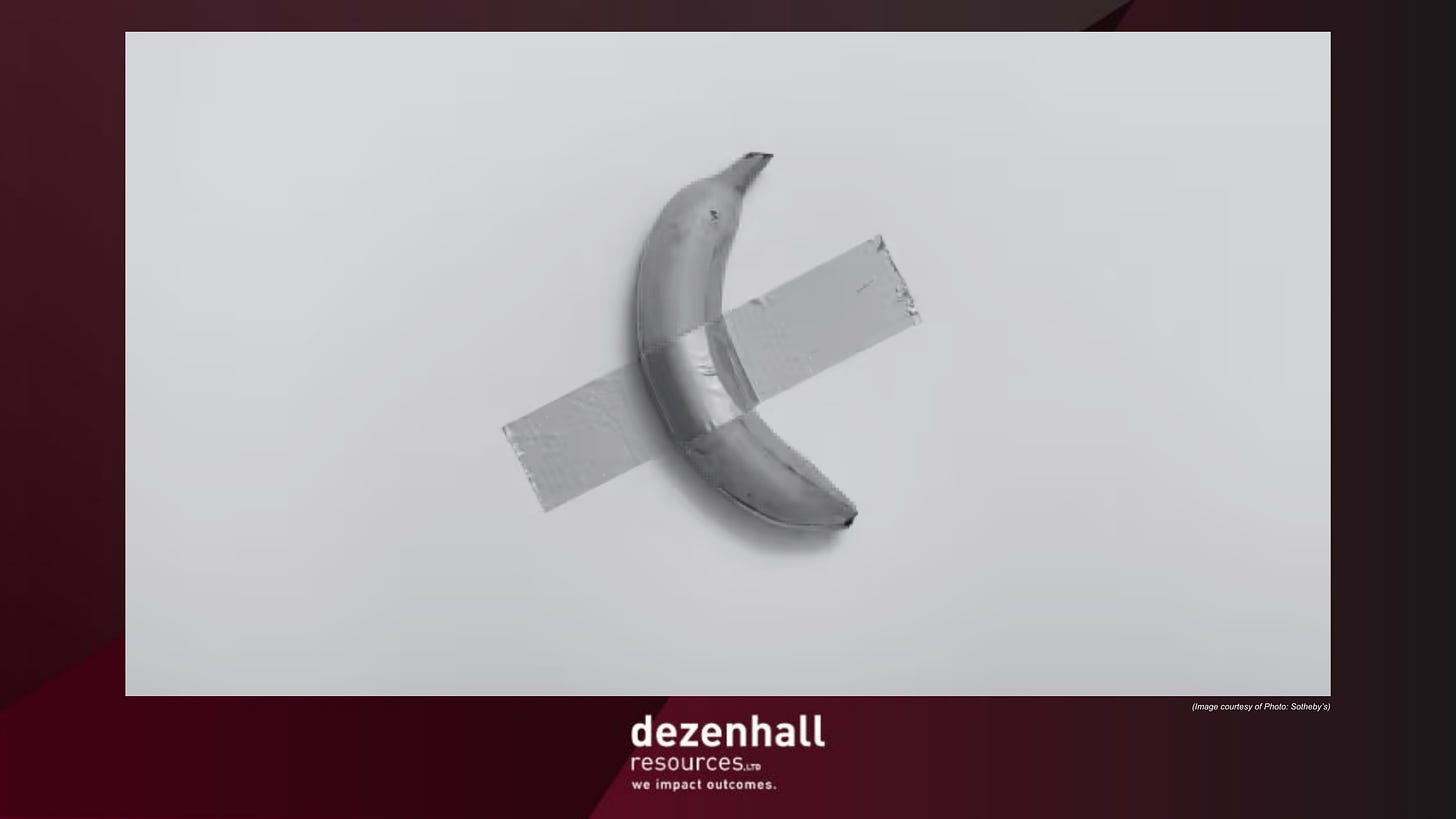Watching Succession(s)
When asked what his new film, The Godfather, was about, director Francis Ford Coppola answered, “Succession.” Indeed, the movie chronicles the bloody drama that must take place to ensure a leadership change that must appear smooth to the outside world.
As King Charles III succeeds Queen Elizabeth II, it all seems like a matter of course. But surely, there has been a drama the likes of which no film could adequately capture.

I’ve witnessed and played a role in the crisis management business in institutional successions, so the subject intrigues me. I’ve even worked on plans involving what happens when an iconic CEO or company founder dies, equipped with operational code words and the disposition of the body in a manner so that some ghoul won’t try to take a morbid photo for internet use or attempt a grave robbery. If this seems farfetched, just read about the recent trial involving the Kobe Bryant tragedy.
When a controversy erupts, heads often roll. None of the CEOs I’ve seen on the wrong end of a management transition ever thought it would happen to them. They were men and women of destiny, so their mothers, or God, or mirrors told them.
Over the years, there has been a lot of talk about how long Charles has wanted the Crown and had to wait for it (One wonders what it’s like to enter the workforce at 73) and why the Queen didn’t hand over the Crown sooner. I have a theory based on my own adventures with successions under terrible circumstances.
It’s a question of worldview. While successors are consumed with yearning, sitting leaders are consumed with the terrors that got them there. Despite a life of outrageous privilege, the Queen was informed by a horrible reality that she was old enough to understand as the Nazis were bombing London to cinders. As a teenager during the Blitz, she could have only thought, “If I live to be Queen, what exactly will be left to be Queen of?”
It was during WWII that Elizabeth and her sister Margaret moved from Buckingham Palace to Windsor Castle, but given its proximity to London, it had to be reinforced to resist bombs and its windows blackened. Her father commuted in secret and at great risk from Buckingham Palace almost daily. “How was work, Dad?”
In other words, she knew the enterprise could all go up, quite literally, in smoke.
The Murdochian mogul of HBO’s Succession, Scottish actor Brian Cox’s Logan Roy, has concerns about his children replacing him. The kids’ main qualification for the throne is mistaking desiring for deserving. Troubled son Kendall would probably be happier as a college professor but sees following his heart as somehow unmanly. Logan would agree. There are lots of Logan jibes about manliness. Sister Siobhan has all the polish and looks striking at meetings, but while one can get pretty far on pedigree and style, more is needed to run a media conglomerate when markets and technologies change in seconds. There is Roman, the kinky court jester of the boardroom. No dummy, Roman’s narrow shoulders could only harbor so much weight. And finally, the dilettante Connor who, like Fredo Corleone, is the only organism in the galaxy who can’t imagine why he was passed over.
Each Succession sibling is more preoccupied with who’s using the family jets than they are learning how these luxuries were paid for — the ONLY thing old Logan thinks about is how he built the kingdom. To boot, Logan resents the hell out of the little goblins he sired by giving them everything in the world except any acknowledgment they exist.
One can only imagine what Queen Elizabeth was thinking about the future as sensitive Charles was being bullied in school, playing polo all over the world as fashion models held his drinks, watching as his storybook marriage to Diana proved to be a nightmare, and his amorous conversations with his mistress Camilla were broadcast, his fantasies about being a feminine care product included. As they say in the Scottish Highlands, “Oy.”
While I’m lower on the order of succession for the British Crown than my mother would have guessed, I was not immune from the drive toward advancement in my own little realm. Quite the opposite. My big challenge was that my would-be mentors were not to be admired. They were cautionary tales. Some did bad things, had the tendency to evaluate risk poorly, and, based on no evidence, thought themselves more clever than their betters and those they were up against.
Still, I sought wisdom out of fear of failure – the fear of going up in smoke. One of my seminal experiences involved a high-school English teacher. Where most other teachers hectored me about my inability to grasp diagramming sentences, Mr. Truitt held my paper at a distance and, former Philly prizefighter that he was, said, “Screw the diagrams; you’ve got something else going on.” It took me a quarter-century to grasp what he was telling me because my self-esteem was tethered to my crappy diagramming, which, it turned out, missed the point.
King Charles’ taking a long time to assume the throne as a senior citizen is evidently what the Queen wanted. She had her reasons, and while all my speculation may not be correct, I bet it’s not totally wrong either. Because her main goal has been to preserve the monarchy, I am sure the time she took to season Charles was purposeful so that the time would feel right when it finally happened.
This is different from Logan Roy, who is running a vicious meritocracy and hates his spawn. The thrill of watching Succession is how very much there is to hate. Logan is committed to his children’s failure. A better leader would do more to light the way.
Then there is Don Corleone, who didn’t want Michael to succeed him at all because, of course, his was a criminal enterprise. To boot, Michael didn’t even want the job but felt the duty to take it because rivals tried to kill his dad. Audiences view Michael’s success as a triumph because we have a primitive definition of winning, but the Don sees it as his failure because he knows the thing he built was a disgrace. “I never wanted this for you…” One wonders what would have happened had Michael concluded sic transit imperium: So passes the empire. Let it die. Maybe he could continue his army career teaching at West Point, where mobster Meyer Lansky sent his son because he wanted him nowhere near his business. Indeed, Lansky’s empire died with him.
It is no accident that the word “succeed” is rooted in the concept of “coming after,” not victory, which is how we think of it. Queen Elizabeth II would never embrace sic transit imperium. After all, she herself was a successor and a very young one. The Queen wanted Charles’ ascension to be about more than following her. Rather it was because she wished the Crown to do well, to endure. For this to happen, it had to be worth the wait.


